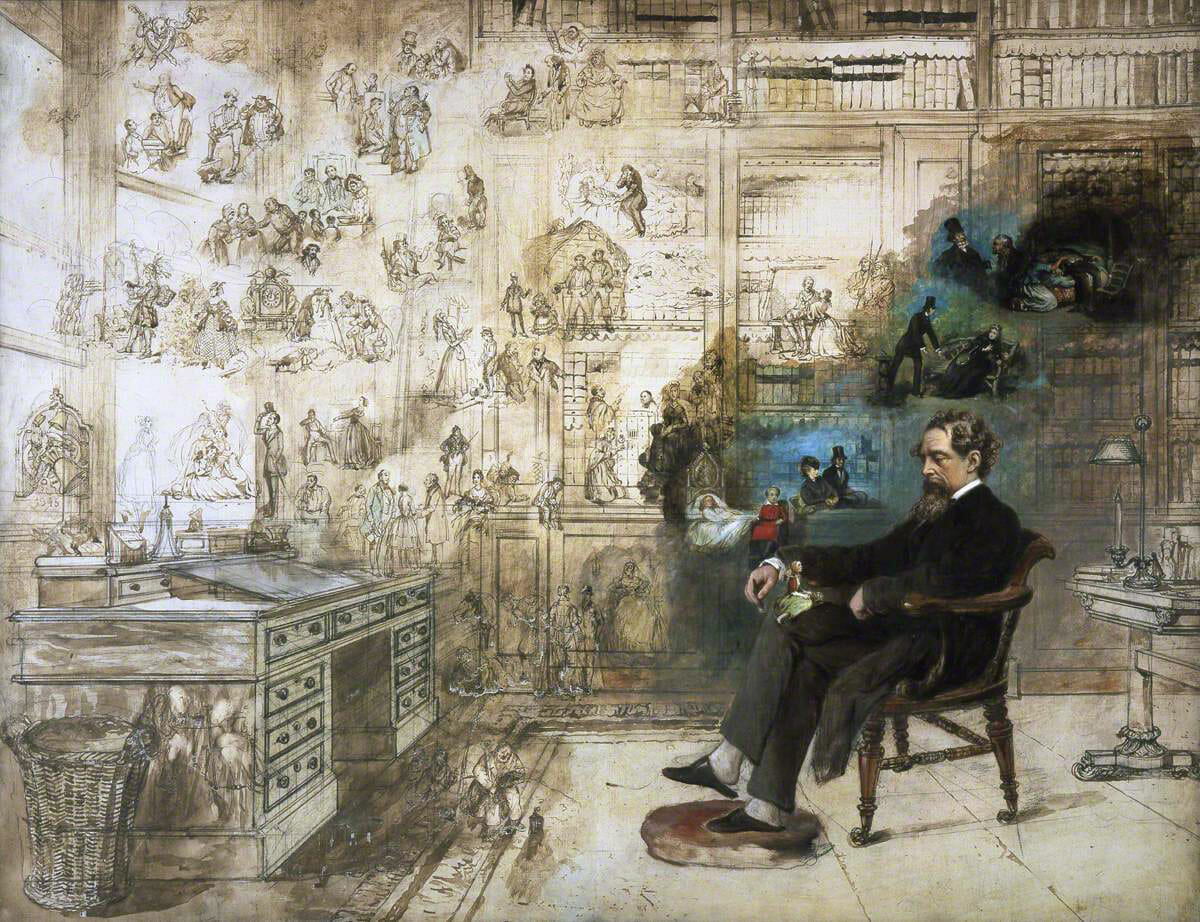
Great Expectations | The path to becoming a gentleman
Author
Year
Format
Length
Original language
Genre
Great Expectations is the thirteenth novel by Charles Dickens and first appeared as a weekly serial between 1860-1861 in the journal All the Year Round, a magazine that Dickens himself owned. It then came out as a novel in three volumes. It is set in Kent and London in the early 19th century and is the second novel that Dickens wrote in the first person. The book addresses both social and moral issues. It tells the story of Pip, a young orphan who lives with his domineering older sister and her kind-hearted husband. It’s a true bildungsroman, following the protagonist’s adventures from his youth to being an adult.
A nuanced distinction between good and evil
Pip is a working-class boy, and his greatest desire, the “great expectations” to which he aspires (as it was for Charles Dickens when he was a child), is to become a gentleman: and a chance will be given to him most unpredictably. Reading Dickens is like putting on a pair of comfortable shoes: there is Good and Evil, and in the end, the Good will win, and the Evil will be punished.
Great Expectations is slightly different from Dickens’s standards: the distinction between what’s bad and what’s not is more nuanced, as it is for the characters, who are more complex and dramatic: many of the protagonists die in suffering and pain, and the final destiny of Pip remains uncertain until the conclusion. In a whirl of continuous revelations, the novel is full of powerful scenes that have become famous, like the one in the graveyard that opens the book on Christmas Eve, where Pip meets the frightening convict Abel Magwitch.
Social satire and quiet approval
Between this and the ending of the book is the tale of Pip’s path to becoming a gentleman, a road that allows Dickens seemingly-endless scope for social satire, criticism, and quiet approval.
The finale is a triumph of dramatic irony when Pip discovers that the money someone has given to him, enabling him to become a gentleman, has come from none less than Magwitch. He was deported as a prisoner to Australia but has then been freed and prospered.
A novel working on different levels
Great Expectations is also rich in characters who have entered popular culture, like Miss Havisham, played by Helena Bonham-Carter in the 2013 film adaptation, a left-at-the-altar-bride who perpetually lives in that frozen, tragic day. There are eighteen book adaptations for cinema and TV, and it perpetually remains on readers’ lists of ever-favorite books. There is even a manga adaptation.
Great Expectations works on a number of levels: as a critique of Victorian society, and as an exploration and search for true identity. In the end, Pip’s great expectations – as he’ll learn at his own expense – become less important than loyalty and compassion and the redemptive power of love.
Tag
Buy a ☕ for Hypercritic








